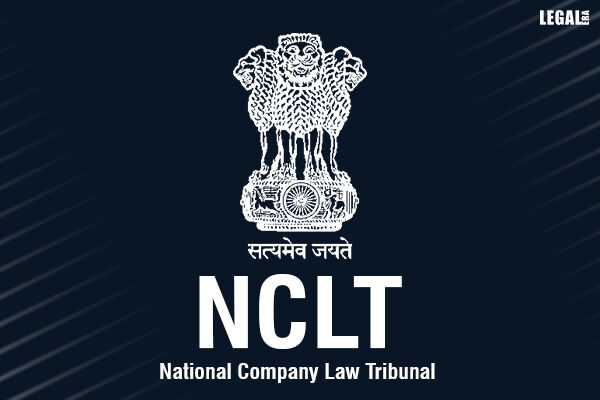
Fintech Subsidiary Groww AA Pvt. Ltd. Dissolved After Complete Liquidation Process, Rules NCLT Bengaluru
Introduction
The National Company Law Tribunal (NCLT), Mumbai Bench, comprising Judicial Member Mohan Prasad Tiwari and Technical Member Charanjeet Singh Gulati, has held that the adjustment of a corporate debtor’s electricity security deposit against outstanding energy bills during the moratorium period violates Section 14 of the Insolvency and Bankruptcy Code, 2016 (IBC). The Tribunal directed the electricity company to refund the adjusted security deposit amount to the corporate debtor’s designated account.
Factual Background
The case arose during the Corporate Insolvency Resolution Process (CIRP) of Hybro Foods Pvt. Ltd., initiated on a petition filed by Kotak Mahindra Bank Ltd. as the financial creditor. During the moratorium period declared under Section 14 of the IBC, the Maharashtra State Electricity Distribution Company Limited (MSEDCL) adjusted a security deposit of ₹13,23,102, which had been deposited earlier by the corporate debtor, against its outstanding energy dues. The Resolution Professional (RP) objected to this adjustment, arguing that it amounted to a violation of the moratorium.
Subsequently, after the liquidation order was passed against the corporate debtor, the RP filed an application before the NCLT seeking directions to MSEDCL for refund of the adjusted amount to the corporate debtor’s account.
Procedural Background
The RP’s application sought enforcement of the moratorium provisions and refund of the unlawfully adjusted security deposit. MSEDCL defended its actions on the ground that it was a statutory body governed by the Electricity Act, 2003, and that the adjustment was made in accordance with Regulation 13.8 of the Maharashtra Electricity Regulatory Commission (Electricity Supply Code) Regulations, 2021. The matter was heard by the NCLT, Mumbai Bench, which considered both statutory frameworks — the IBC and the Electricity Act — to determine which would prevail in case of inconsistency.
Issues
1. Whether the adjustment of the security deposit by MSEDCL during the moratorium period constituted a violation of Section 14 of the IBC.
2. Whether the regulatory provisions under the Electricity Act, 2003, and the MERC Regulations could override the moratorium imposed under the IBC.
Contentions of the Parties
The applicant–Resolution Professional contended that once the moratorium is in force, all recovery or adjustment actions against the assets of the corporate debtor are prohibited. The security deposit, being an asset of the corporate debtor, could not have been appropriated by the respondent. Reliance was placed on the NCLAT judgment in Superintending Engineer vs. Sivrama Prasad Bhamidi (Company Appeal (AT) (CH) (INS.) No. 104/2023), which held that any such adjustment during moratorium is impermissible under Section 14.
The respondent–MSEDCL argued that the adjustment was carried out under statutory provisions of the Electricity Act and applicable regulations, which authorize such action. It contended that the company acted in good faith and within its regulatory framework, and that the IBC did not expressly prohibit adjustments of this nature by statutory bodies.
Reasoning and Analysis
The NCLT examined Section 14 of the IBC and reiterated that it imposes a comprehensive prohibition on the institution or continuation of any proceedings, or recovery actions, against the corporate debtor’s assets during the moratorium. Referring to Section 238 of the IBC, the Tribunal held that the provisions of the Code have an overriding effect over any inconsistent law, including the Electricity Act and the regulations framed thereunder.
The Bench concluded that the adjustment of the security deposit, having occurred during the moratorium period, was contrary to the express provisions of Section 14. The respondent was, therefore, directed to refund the amount of ₹13,23,102 to the designated bank account of the corporate debtor.
Implications
The decision reinforces the primacy of the IBC over other laws in matters of insolvency, emphasizing that no recovery or adjustment even by statutory authorities is permissible once the moratorium is declared. It underscores the objective of maintaining the corporate debtor’s asset pool intact during insolvency resolution and sends a clear message that regulatory powers cannot circumvent the moratorium’s protective shield. This decision further aligns with judicial precedents ensuring uniform application of Section 14 across sectors.